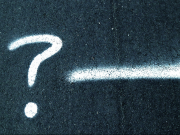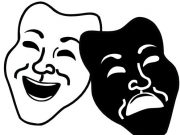Interview with Black Theatre Workshop Assistant Artistic Director Mike Payette
After hearing about the use of blackface on stage in my city, it had brought back to light past accounts that I had read through the press dating back years; the presence of it in our cultural and educational institutions. These examples were only stories I had heard, but I hadn't personally seen it live on stage until the Théâtre du Rideau Vert's year-end revue. Once I had seen it, I had not been prepared for the visceral reaction I would have.
“IS BLACKFACE OFFENSIVE?” – SOMEHOW, A REAL QUESTION IN 2015.
This stuff is exhausting. I’ve seen threads with debates between theatre goers, theatre practitioners, and theatre critics. And although great points get made on every one of them, each time someone questions whether or not Blackface is even offensive in the first place, I feel like I’ve stepped out of a DeLorean. We are in 2015, and if you still choose to say “oh, that actor was just wearing brown make-up on his face, he wasn’t in Blackface”, then your cognitive dissonance is stronger than most, and you should bottle it for you are truly of a rare breed.
The Use of Imagery and The Plural Public
But the afro-Québecois – Ils se souviennent. They remember.
They remember the struggles waged by their parents and forefathers to gain a slither of dignity. They remember the jobs they weren’t allowed to apply for, the apartments they weren’t allowed to rent, the music clubs they weren’t allowed to enter. For younger Black Quebeckers the memories aren’t so far behind: in the era of racial profiling by police and proven racism by the municipal employer, among others.









